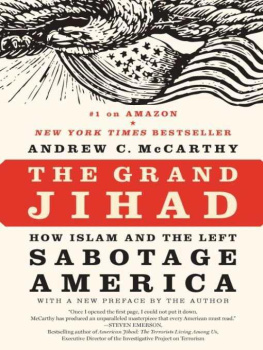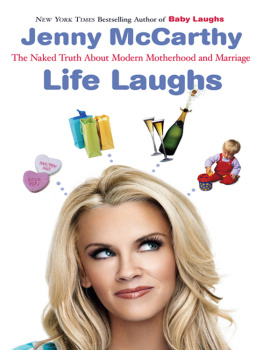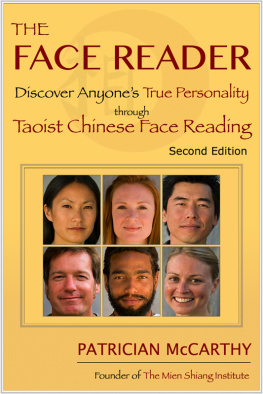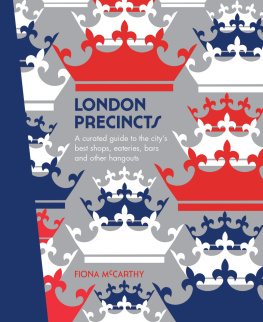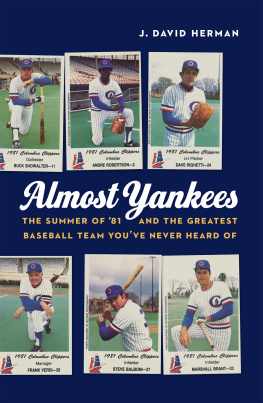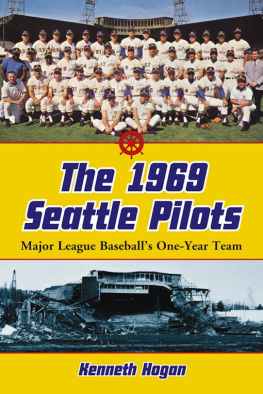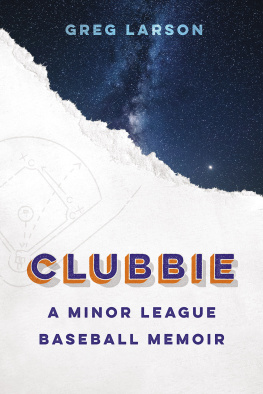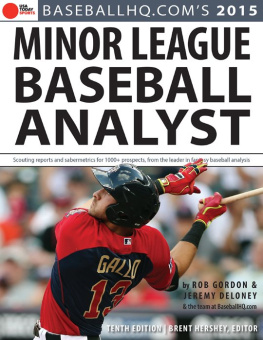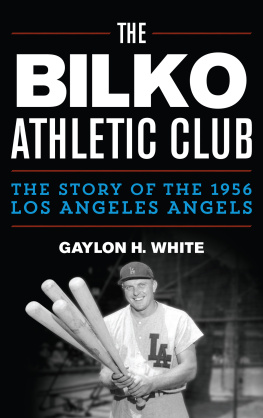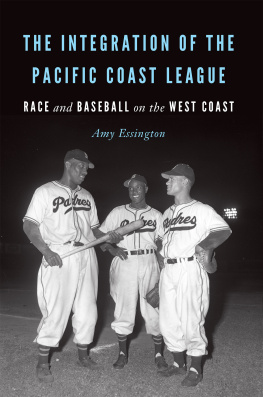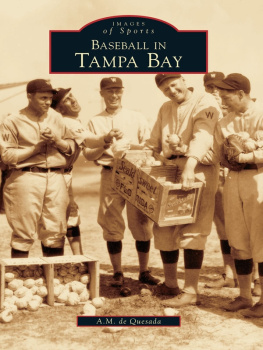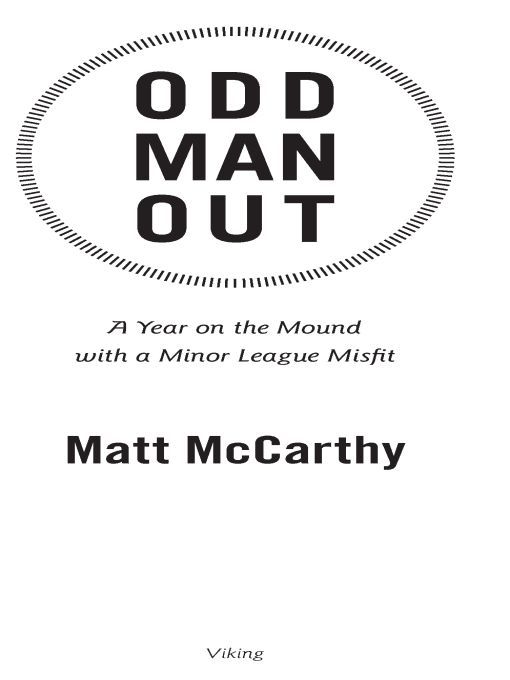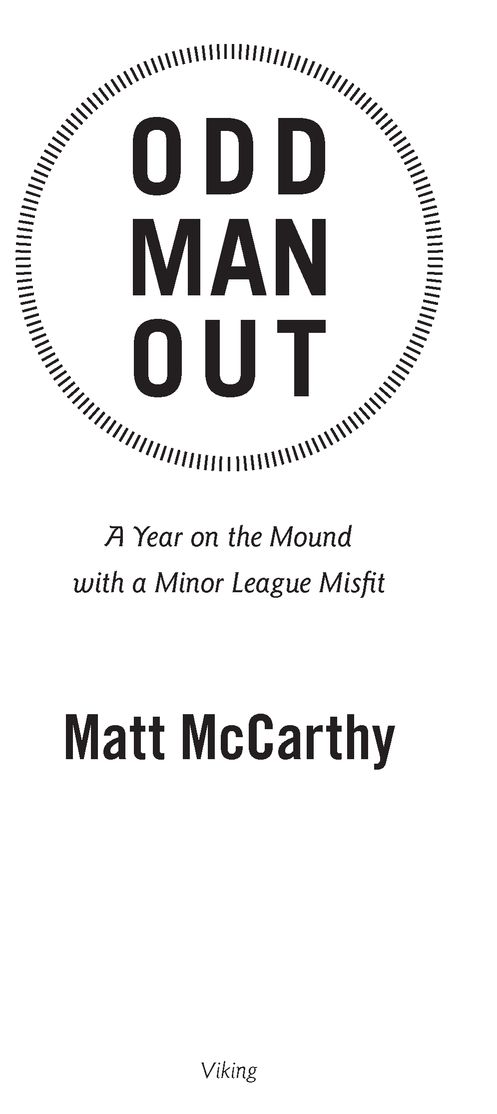Table of Contents
To my teammates
Chapter 1
WHEN I WAS TWENTY-ONE, I could throw a baseball 92 miles an hour. This led to a strange courtship between my left arm and a series of pencil-mustached, overweight middle-aged men. I eventually gave up the game and later found myself as far away from the baseball diamond as one could possibly beliving in rural villages in Cameroon and later Malaysia, colorful places that still somehow paled in comparison to the alien environment of my first home in professional baseball: Provo, Utah. It was the height of the steroid era, and while Barry Bonds and Mark McGwire were rewriting the record books, those of us in the minors were trying like hell to break into the big leagues. In our clubhouse, amphetamines were passed around like candy and the allure of steroids was ever present.
It was the summer of 2002 and I was playing for the Provo Angels, an affiliate of the Anaheim Angels, who would go on to win their first World Series that year. Defeating the San Francisco Giants in an upset, the Angels attributed their success to the hard-nosed, unselfish play of low-profile players like David Eckstein and Francisco Rodriguez. But in Provo, we were a team divided.
Separate but equal was how Blake Allen, a right-handed pitcher from Tuscaloosa, Alabama, first described the team dynamic to me. Blake had been drafted in the thirty-fifth round of the 2001 draft and had already played one season in Provo when I joined the team. With his slack jaw, pot belly, and slow, deliberate manner of speaking, Blake was the yokel out of central casting that many of my classmates at Yale would have ridiculed. But he was also a reflective man who enjoyed dissecting people. He wouldve fit better in a Faulkner novel than in a baseball uniform.
Hed been on the disabled list for the past year and confided in me that he thought hed never be healthy enough to pitch again. Ive got a wife and kid at home and I need the paycheck, he said one afternoon in June while we were finishing our Grand Slams at Dennys. They cant cut ya when you on the disabled list. It violates the collective bargaining agreement. So I just sit back and cash the checks.
It was then that I learned about the two-party system of minor league baseball. Youve got your Dominicans and youve got everybody else, he said in between bites of sausage. You dont want nuthin to do with the Dominicans. Theyre loud, they dont speak English, they dont have no respect for nobody, and for Gods sake, dont ever go in the shower when they in there.
The team was, in fact, divided between the Dominicans (a catch-all term for Hispanic players) and those of us from the United States. There were a dozen Dominicans on our team, hailing from Venezuela, Mexico, Puerto Rico, Panama, and, yes, the Dominican Republic. And Blake was rightthey were loud and didnt speak English. Just seventeen or eighteen years old, many had been snatched out of poverty within the last year and signed to lucrative six-figure contracts. Wearing large smiles, larger gold chains, and designer sunglasses, they seemed to be playing life with Monopoly money.
The thing about the Dominicans, Blake told me, is that they can play. Most of the ones on this team could play in the big leagues someday. But they wont. He stopped eating for a moment and looked out the window. A typical rookie ball team will have fifteen Dominicans. Double-A will have half that. Triple-A even less. As you move up the ladder youll see that they just wash out. The idea of washing out, I would learn, was a recurrent theme among players. It implied that your career was cut short for no apparent reasonnot an injury or a slump. One day youd show up to the field and thered be a pink slip in your locker and no one would tell you why.
He returned to his pancakes for a moment before adding, But I tell ya what... in every goddamn town we go to this year, those Dominicans will have fat white girls waiting for them.
The Americans, in contrast, were from places like Marianna, Florida, and Tulsa, Oklahoma. Most had signed professional contracts directly out of high school and baseball was the only life they knew or wanted to know. They were fond of saying that Don Zimmer, the Yankees bench coach, had lived a model life because at seventy-one, he had never drawn a paycheck outside of professional baseball. I was one of the few who had graduated from college, although several had attended briefly. In general these were quiet, pious men whose priorities were the Lord and the girl back home. Pregame rituals included chapel, chewing tobacco, and numerous phone calls to family members.
After road games, we would pile into the bus and head to dinner as a team. It was an endless, nauseating cycle of Applebees, Chilis, and T.G.I. Fridays. In the restaurant, the Dominicans sat on one side, the Americans on the other. On the bus, the Dominicans all sat in the back. After games, the Dominicans showered first. During the five weeks of spring training, Dominican players would be assigned American roommates because the organization felt it was good for them, but during the season, a Dominican would almost never be paired with an American for road trips. That would be cruel, our strength and conditioning coach once said. Six months of living with one of them? Shit. And it was the language barrier that was always used to defend the status quo. I mean, what the hell am I gonna say to them? Blake had asked me one day as we were walking to the ballpark, Ho-la, amigo?
It took five years of distance to be able to write this after I walked away from professional baseball, although shoved out is a more apt description. Some of my former teammates became stars in the big leagues while others washed out of the minors and returned home to install carpeting. Blake returned to Alabama to run the family farm and raise roosters for cockfights. I, of course, had no idea how it was all going to pan out, or that my stay in baseball would be a brief one. A year later Id be on the other side of the country in Boston, preparing to enter medical school and begin a new lifea life after baseball, if thats ever possible.
BUT THIS STORY does not begin in Utah. It starts in New Haven, Connecticut, a place I first visited as a senior in high school. I was invited by the coach of the Yale baseball team to visit the campus on an all-expenses-paid trip, the kind that has become a ritual of the varsity athlete recruiting process. Yale was the first school to show any interest in me and I was ready to commit to them the moment I set foot on Old Campus. The other high schooler on the recruiting visit was not nearly as impressed. Chris Young hailed from Houston, Texas, and, at six feet ten inches and 230 pounds, was the largest person I had ever met. Chris and I spent the weekend meeting the coach, touring the campus, watching a football game, and spending time with players on the baseball team.
On Saturday night, the team held its semiannual Kangaroo Court, where players recounted sex acts with undergraduates in graphic detail while teammates howled and came up with nicknames for the girls, like Donkey Punch and The Beating. Between stories, players chugged beers and accused one another of engaging in activities unbecoming of a Yale baseball player, like being seen in a French restaurant or meeting a professor for coffee.
The event took place off campus in the backyard of a house where the seniors lived and the alcohol flowed freely. When Chris Young refused the first beer offered to him, several players snickered and the captain halted court proceedings to announce that Chris was destined to become a typical Yale nerd. A few moments after the proclamation, Chris lumbered over to me and in his slow drawl said, I dont have time for this crap.



